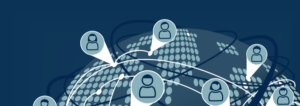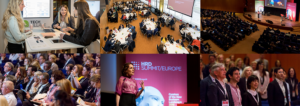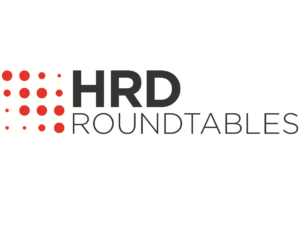Getting people analytics to the organisation will help strategic decision making
- 5 Min Read
GSK’s organisation and people analytics director Philip Gibbs explains how HR can make its biggest organisational impact through analytics.
- Author: HRD Connect
- Date published: Dec 21, 2016
- Categories
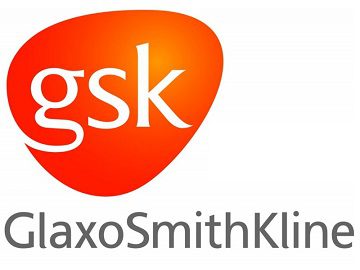
GSK’s organisation and people analytics director Philip Gibbs explains how HR can make its biggest 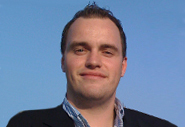 organisational impact through analytics.
organisational impact through analytics.
He adds that HR leaders should be prepared to invest in people from outside the HR talent pool to develop and analytics function.
Gibbs was speaking to HRD Connect ahead of his HRD Summit 2017 session.
What is the biggest challenge and opportunity facing the HR profession right now?
One of the biggest challenges HR has is to put a finger on the pulse of what the business is feeling.
Traditionally HR has relied on very static one-off snapshot surveys.
When we look at that data we’re looking retrospectively so we’re just reacting to things that have already happened.
The opportunity therefore is how we can leverage advances in technology and the analytical space to help the HR profession take a peek around the corner and be more predictive of the things heading our way. Then we can be much more anticipatory, plan and help the business in a much more proactive way.
What is likely to have the biggest effect on the work of your HR team: business strategy or government policy?
Both are going to have an effect but in my world government policy is going to have a big effect on HR in terms of data security.
There is a lot of legislation around data security and breaches and so there’s a lot of implications for us. We are already mindful of protecting information around our employees and people and so that’s something which will become more of an issue.
There’s some great innovations which could really benefit the workforce but the reality is often we can’t use a lot of it because we there isn’t the stringent data security that really enables us to leverage it.
Where can HR make the biggest difference in your organisation?
For me it is trying to help our organisation be more analytical and have more data and quicker access to information to help inform decisions.
Our business is constantly changing and evolving and we want to be more proactive, we want to help the business see what’s coming our way so we can help deal with these things before they come at us, rather than being reactive.
The other area HR can make a difference in is to recognise the working culture and climate.
We want to get the best out of employees but also recognise that health and wellbeing is important and we want to ensure people are working in sustainable ways over the long term and not just looking at the short term.
You can have high engagement but without a high level of wellbeing it’s not sustainable – and people with high engagement but low wellbeing, they will often either burn out or walk out.
Does the business case for HR analytics still need to be made?
It does still need the business case: analytics as a concept is not new, but analytics in HR is still quite new and it is still early days in the output of how analytics can help HR.
It’s easy to say the business case is becoming obvious, but when times are tough and hard, its often these support services that find it hard to justify the return on investment.
Even though you may have some great support and senior level sponsorship, in whatever business you invest in, it’s important you have that case and if the question does come along you’re able to answer that.
What are the key points to create an HR analytics function within the team where no analytics operation exists already?
The key challenge for many HR departments is just where to start because it does feel at times that it’s such a great opportunity but there are limited people who have the ability to do this.
So, you really have to think hard about where are you going to get your best bang for your buck, what the two or three areas for focus are.
Within our team we have a real mix of skills – psychologists, data scientist, economists, IT specialists – it’s a diverse group and having that holistic view is vital.
The real power of this team is with that diversity we can look at the end-to-end journey from data architecture to predictive models and questions. That’s very important.
What are the main things HR analytics should be measuring and why?
It’s going to be different for different companies but should be linked back to the business and where HR is going to maximise its impact.
Understanding and having a clear line of sight of what your business strategy is, understanding what some of the key outcomes that you need from your people are, and then isolating where you can focus and add the most value.
You need to know the outcomes you are trying to impact. Once you have an idea of what those are you can then start to dig deeper and ask what those best predictors are?
Is there a need to improve the skills of HR professionals to work with analytics and data?
Yes, because there’s a real limit of people who can do analytics in HR.
It’s a culture change – we’re trying to shift the mindset of HR professionals to be more analytical, be more comfortable with data and yes there is a lot more that we can do to help build capability.
So yes, there’s definitely an opportunity there.


